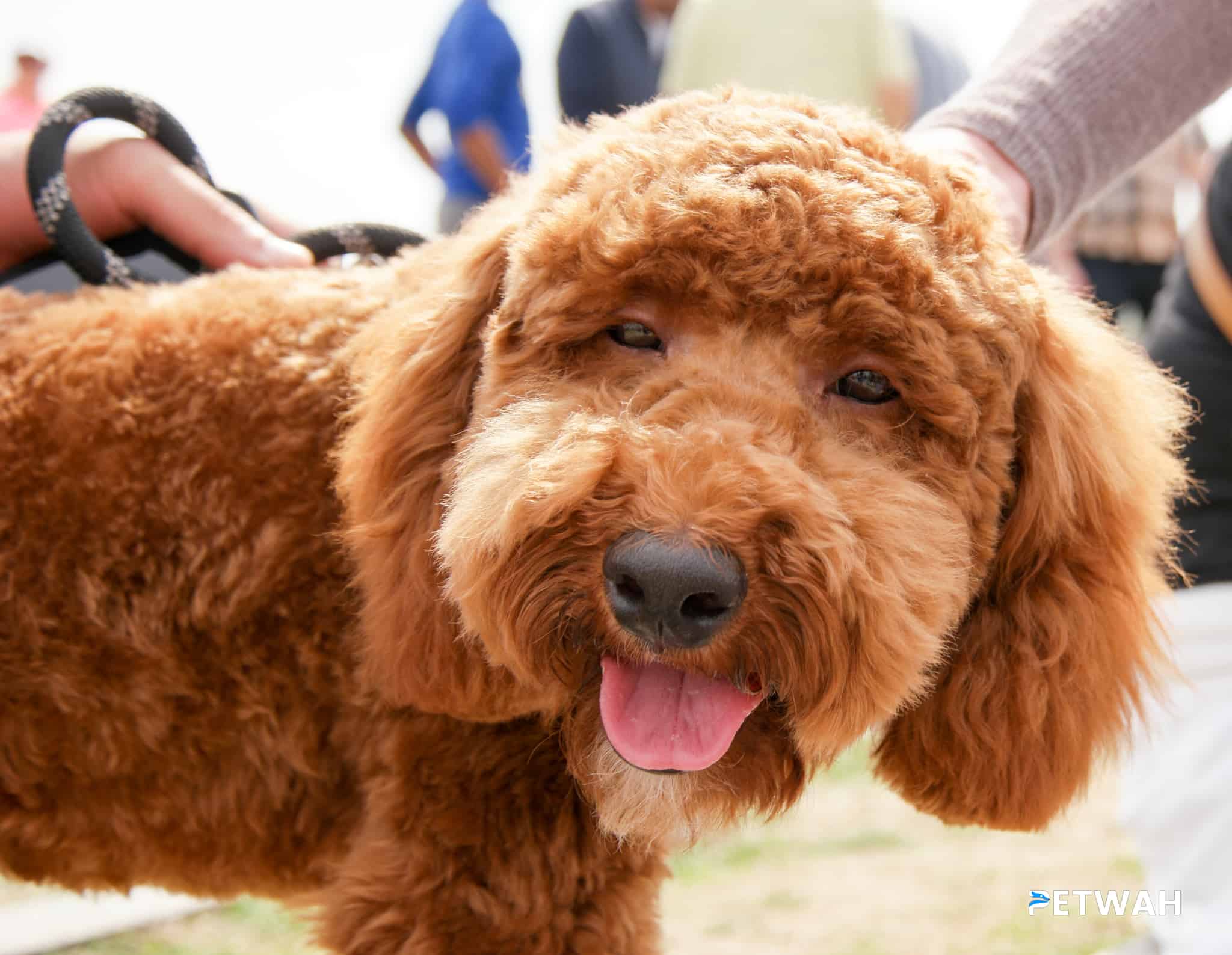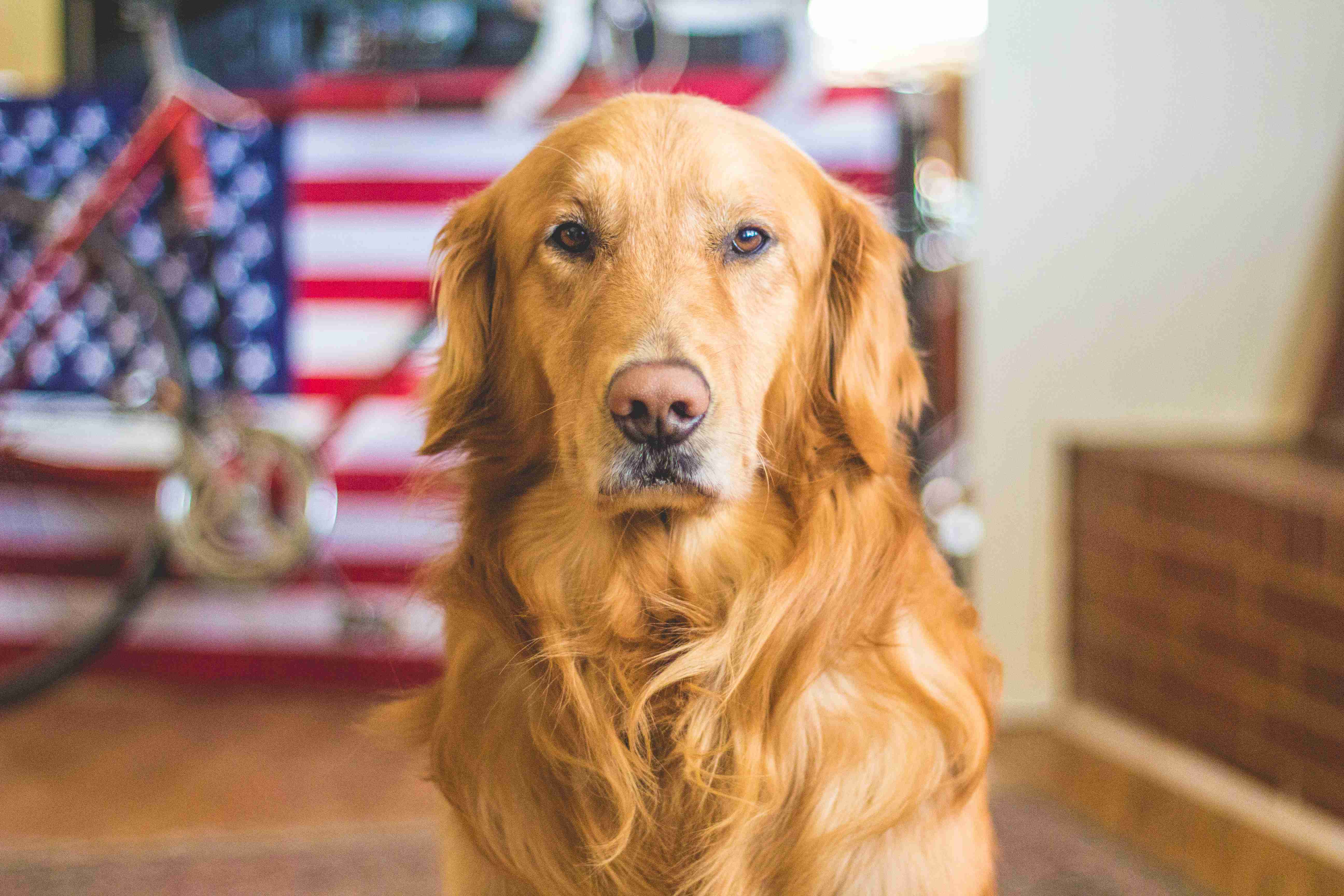As a proud pitbull owner, you understand the importance of keeping your furry friend happy and healthy. However, one common concern for many pitbull owners is the risk of obesity. With their muscular build and hearty appetite, pitbulls are prone to weight gain if not properly managed. But fear not! In this blog post, we will explore effective tips and strategies to prevent obesity in your beloved pitbull, ensuring they lead a fit and active lifestyle. From proper nutrition to regular exercise routines, let’s dive into the world of pitbull health and well-being.
Keeping Your Pitbull Healthy: Tips to Prevent Obesity and Promote a Fit Lifestyle
Just like humans, dogs can also struggle with weight issues and obesity. As a responsible pitbull owner, it’s crucial to prioritize your furry friend’s health and take proactive steps to prevent obesity. Obesity can lead to a variety of health problems in pitbulls, including joint pain, heart disease, diabetes, and a shortened lifespan. In this blog post, we will discuss some effective tips and strategies to keep your pitbull healthy, fit, and at an ideal weight.
1. Balanced Diet:
A well-balanced diet is the foundation of a healthy lifestyle for your pitbull. Start by choosing high-quality dog food that is specifically formulated for pitbulls or large breeds. Look for a diet that includes lean proteins, healthy fats, and a moderate amount of carbohydrates. Avoid foods that contain excessive fillers, by-products, or artificial additives. Consult your veterinarian to determine the appropriate daily calorie intake for your pitbull based on their age, weight, and activity level.
2. Portion Control:
One of the main reasons for obesity in pitbulls is overfeeding. It’s essential to measure your dog’s food portions accurately to avoid overeating. Follow the recommended feeding guidelines provided by the dog food manufacturer and adjust the portion sizes based on your pitbull’s individual needs. Avoid free-feeding and instead establish a regular feeding schedule to maintain portion control.
3. Regular Exercise:
Regular exercise is crucial to keep your pitbull physically fit and mentally stimulated. Aim for at least 30-60 minutes of exercise every day, which can include activities such as brisk walks, jogging, playing fetch, or participating in agility training. Additionally, provide your pitbull with mentally stimulating toys and puzzles to keep them engaged and prevent boredom, which can lead to overeating.
.png)
4. Avoid Table Scraps:
It can be tempting to share your meals with your pitbull, but table scraps can contribute to weight gain and other health issues. Human food is often high in fat, salt, and sugar, which can be harmful to your dog’s health. Stick to a nutritious and balanced diet specifically designed for dogs, and avoid feeding them from the table or giving in to those pleading eyes.
5. Regular Vet Check-ups:
Regular veterinary check-ups are essential to monitor your pitbull’s overall health and weight. The vet can assess your dog’s body condition score and provide guidance on maintaining a healthy weight. They can also detect any underlying health issues that may contribute to weight gain. Follow your veterinarian’s advice regarding vaccinations, parasite control, and any necessary dietary adjustments.
6. Treats in Moderation:
Treats are a great way to reward and train your pitbull, but they should be given in moderation. Opt for healthy, low-calorie treats or consider using bits of your dog’s kibble as rewards during training sessions. Avoid overindulging your pitbull with treats as they can quickly add up in calories and lead to weight gain.
7. Monitor Water Intake:
Proper hydration is essential for your pitbull’s overall health. Ensure that fresh, clean water is always available for your dog. However, monitor their water intake, as excessive drinking can sometimes be a sign of an underlying health issue. Consult your vet if you notice any abnormal drinking patterns.
Preventing obesity in your pitbull requires a combination of a balanced diet, portion control, regular exercise, and ongoing monitoring of their weight and overall health. By implementing these tips and making their health a priority, you can help your pitbull live a long, active, and happy life. Remember, a healthy pitbull is a happy pitbull!
In conclusion, keeping your pitbull healthy and preventing obesity is crucial for their overall well-being and quality of life. By implementing the tips and strategies mentioned in this blog post, you can ensure that your furry friend stays fit, active, and happy. Remember to provide a balanced diet, regular exercise, mental stimulation, and consult with your veterinarian for personalized advice. With your dedication and love, you can help your pitbull live a long and healthy life free from the risks of obesity. So let’s commit to taking care of our loyal companions and keeping them in tip-top shape – because a healthy pitbull is a happy pitbull!


.png)
%20-%20Copy.png)
%20-%20Copy.jpg)
%20-%20Copy%20-%20Copy.png)

.jpg)
